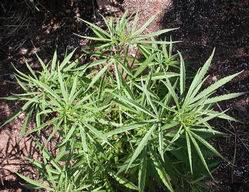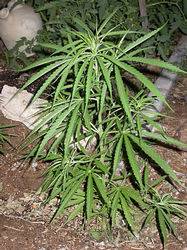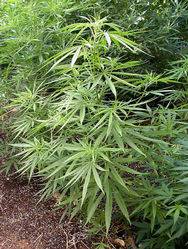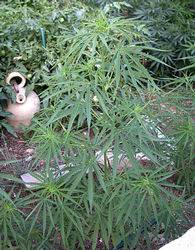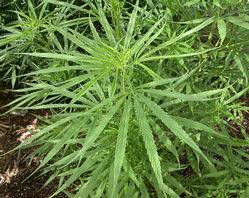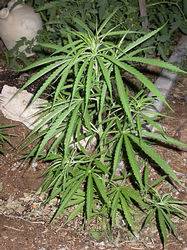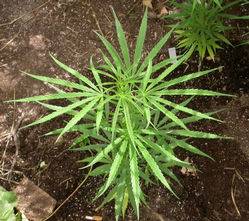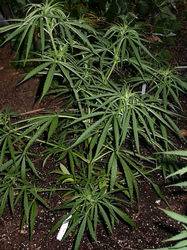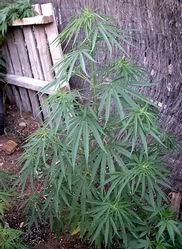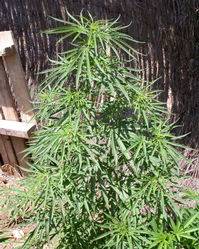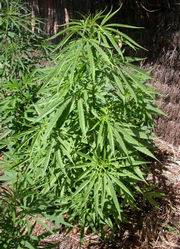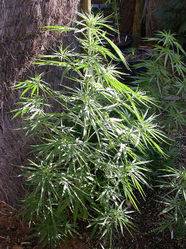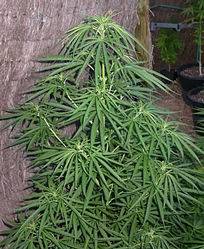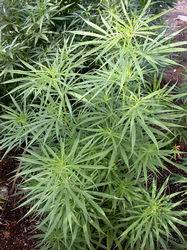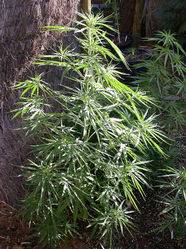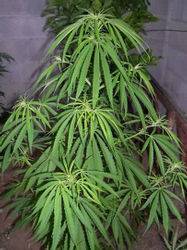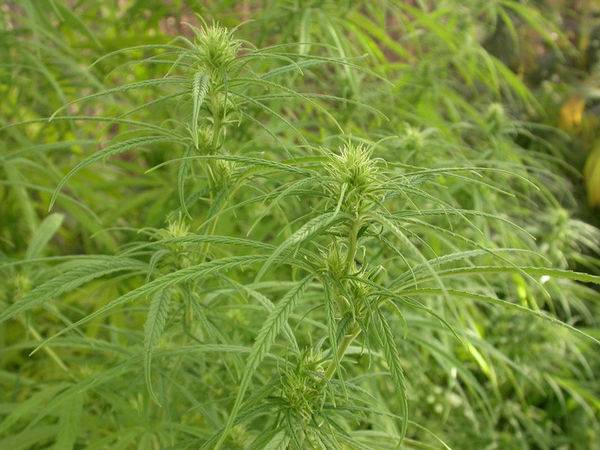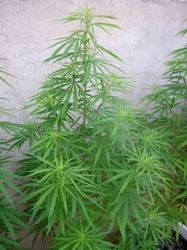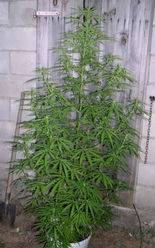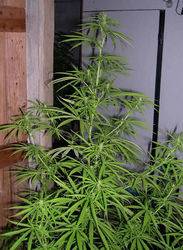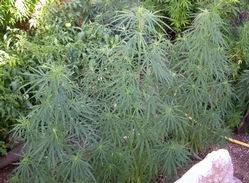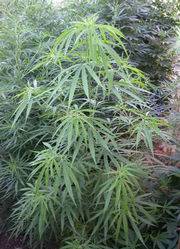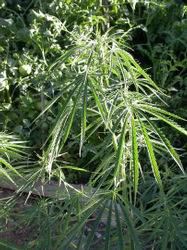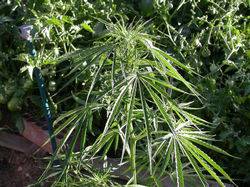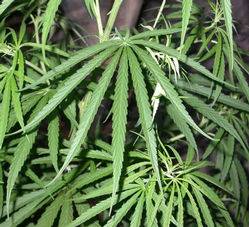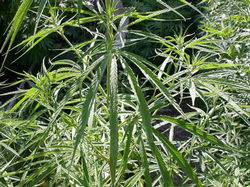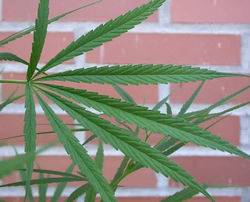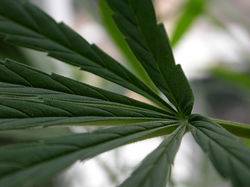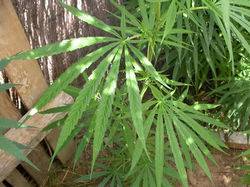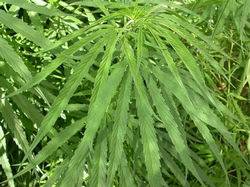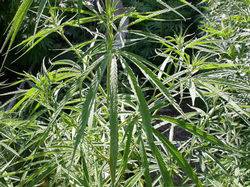High all!
Oldtimer's Haze is finally available after 2 years of hard work with CBG breeders. We'd love the line will be preserved in its original form in many places as possible.
Here's the official description:
Genetics: 100% sativa. Hybrid of different tropical sativas: Mexican, Purple Highland Colombian, Southern Indian (Kerala) and Thai.
The Haze was developed in California in the 1960s and 70s by crossing some of the best tropical sativas which had been imported during that period. Its exact genotype remains unknown, but it is probably a hybrid of different sativas from Mexico, Southern India, Colombia and Thailand, the two latter being the most dominant in the final hybrid.
This mythical sativa, which has been the starting point for the development of the best hybrids of the past decades, was about to disappear during the 1980s due to the introduction of skunks and indicas in the breeding scene.
Our Haze population comes from the last reproductions made with this variety in California, and it has been preserved intact until today by Oldtimer, a British breeder, and then reproduced by our breeders using a wide diversity of parental plants.
Oldtimer’s Haze still preserves the genetic diversity that many present Haze lines have already lost, and it is possible to find phenotypes ranging from the mythic and nearly extinct “Purple Haze” to the most popular “Green Haze” phenotype, and of course intermediate combinations as well.
By flowering the Hazes at low temperatures, the garden fills with beautiful autumn colours that vary from light green to red, blue and purple.
The flowers gather forming willowy bunches that achieve good volume, when grown under optimum conditions.
Oldtimer’s Haze has an incalculable value for every preservationist, collector and breeder that is looking for a Haze’s population that still conserves all quality and genetic diversity of the original hybrid.
Oldtimer’s Haze is a delight for 70s sativas lovers, a trip back into the past for all those who could not enjoy it at that time.
Structure: Slim and elegant plants, with a tall, branched structure. Medium-length internodes. At the time of growing, the leaf is very thin and shows a pale colour. It reacts very well to pruning.
Bouquet: Dark, fruity aroma, with earthy touches of ashes, incense and antique wood aroma.
Green Haze’s aroma is fruitier (like tropical ripe fruit), while Purple Hazes smell like blackberry and black liquor.
Effect: Strong stimulating and mental effect, without heaviness or physical weakening. A high level of THC and low level of CBD together produce a no-limit effect, which allows you to get higher and higher with each intake. It can produce anxiety and paranoia in high doses and/or to persons prone to these conditions.
Flowering: it takes between 16 and 24 weeks, depending on the plant’s size and the flowering conditions. Outdoors it ends between the end of December and January.
Production/m2: Medium-low.
Growing type
Indoors: we only recommend it to extreme sativas lovers and breeding projects.
Outdoors: Only in tropical or subtropical climates. Within latitudes between 20º and 35º, we would recommend a warm, coastal climate and the use of a greenhouse.
Oldtimer's Haze is finally available after 2 years of hard work with CBG breeders. We'd love the line will be preserved in its original form in many places as possible.
Here's the official description:
Genetics: 100% sativa. Hybrid of different tropical sativas: Mexican, Purple Highland Colombian, Southern Indian (Kerala) and Thai.
The Haze was developed in California in the 1960s and 70s by crossing some of the best tropical sativas which had been imported during that period. Its exact genotype remains unknown, but it is probably a hybrid of different sativas from Mexico, Southern India, Colombia and Thailand, the two latter being the most dominant in the final hybrid.
This mythical sativa, which has been the starting point for the development of the best hybrids of the past decades, was about to disappear during the 1980s due to the introduction of skunks and indicas in the breeding scene.
Our Haze population comes from the last reproductions made with this variety in California, and it has been preserved intact until today by Oldtimer, a British breeder, and then reproduced by our breeders using a wide diversity of parental plants.
Oldtimer’s Haze still preserves the genetic diversity that many present Haze lines have already lost, and it is possible to find phenotypes ranging from the mythic and nearly extinct “Purple Haze” to the most popular “Green Haze” phenotype, and of course intermediate combinations as well.
By flowering the Hazes at low temperatures, the garden fills with beautiful autumn colours that vary from light green to red, blue and purple.
The flowers gather forming willowy bunches that achieve good volume, when grown under optimum conditions.
Oldtimer’s Haze has an incalculable value for every preservationist, collector and breeder that is looking for a Haze’s population that still conserves all quality and genetic diversity of the original hybrid.
Oldtimer’s Haze is a delight for 70s sativas lovers, a trip back into the past for all those who could not enjoy it at that time.
Structure: Slim and elegant plants, with a tall, branched structure. Medium-length internodes. At the time of growing, the leaf is very thin and shows a pale colour. It reacts very well to pruning.
Bouquet: Dark, fruity aroma, with earthy touches of ashes, incense and antique wood aroma.
Green Haze’s aroma is fruitier (like tropical ripe fruit), while Purple Hazes smell like blackberry and black liquor.
Effect: Strong stimulating and mental effect, without heaviness or physical weakening. A high level of THC and low level of CBD together produce a no-limit effect, which allows you to get higher and higher with each intake. It can produce anxiety and paranoia in high doses and/or to persons prone to these conditions.
Flowering: it takes between 16 and 24 weeks, depending on the plant’s size and the flowering conditions. Outdoors it ends between the end of December and January.
Production/m2: Medium-low.
Growing type
Indoors: we only recommend it to extreme sativas lovers and breeding projects.
Outdoors: Only in tropical or subtropical climates. Within latitudes between 20º and 35º, we would recommend a warm, coastal climate and the use of a greenhouse.

 .....
.....

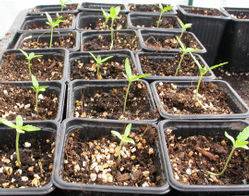

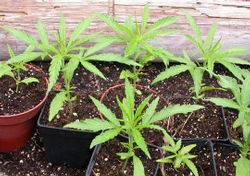
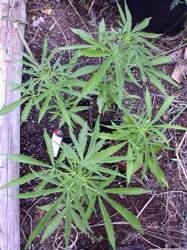
 hazes, first month of life
hazes, first month of life 



